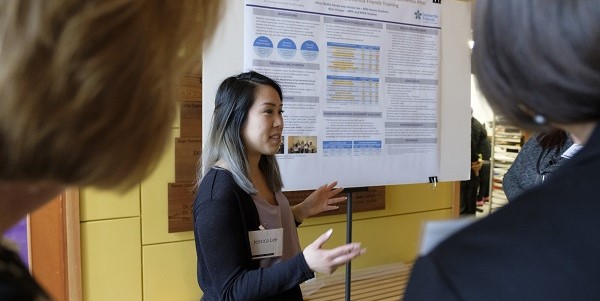The de Tornyay Center for Healthy Aging is thrilled to welcome a new cohort of healthy aging scholars!
PHD SCHOLARSHIPS:
Suah Park, Healthy Aging Doctoral Research Scholar
Topic: Socio-contextual, Physical, and Psychological Factors Associated with Sleep Disturbances Among Korean Immigrant Older Adults: A Mixed Methods Study
Faculty mentor: Eeeseung Byun, PhD, RN
Zih-Ling Wang, Healthy Aging Doctoral Research Scholar
Topic: Beyond the Plate: A Multi-Methods Investigation of Mealtime Experiences and Modeling Independence in Eating in Dementia Care
Faculty mentor: Basia Belza
Hyunhae Lee, Healthy Aging Doctoral Research Scholar
Topic: Lifestyle Features and Longevity beyond Blue Zones: A Mixed-Method Study with Pragmatic Grounded Theory Analysis
Faculty mentor: Kerry Reding
Yanjing Liang, Myrene McAninch Endowed Scholar
Topic: Culturally Adapted, Translation, and Revision of Readiness for Aging Scale
Faculty mentor: Basia Belza
Wenting Peng, Healthy Aging Doctoral Research Scholar
Topic: Patterns of Digital Technology Use and Their Associations with Social Isolation and Loneliness among Community-Dwelling Older Adults: A longitudinal study
Faculty mentor: Basia Belza
Hongyu Yu, Healthy Aging Doctoral Research Scholar
Topic: Understanding Facilitators, Barriers, Scalability and Sustainability of the Women’s Health Initiative Strong and Healthy Pragmatic Physical Activity Intervention for Cardiovascular Disease Prevention: A CFIR-Guided Inquiry
Faculty mentors: Kerry Reding and Sarah Gimbel
DNP SCHOLARSHIPS:
Michelle Thomas, Healthy Aging Doctoral Research Scholar
Topic: Improving Timely Colonoscopy Follow-up after Abnormal Fecal Immunochemical Test Results in the Veteran Population
Agency mentor: Katherine Murrow; Faculty mentor: Brenda Zierler
Lydia Rose Downs, Healthy Aging Doctoral Research Scholar
Topic: Enhancing Education on Post-Intensive Care Syndrome: A Nurse-Led Quality Improvement Initiative in the Neuroscience Intensive Care Unit at Harborview Medical Center
Faculty mentors: Kristine McGlennen, Maya Elias
Chiayu Chen, Healthy Aging Doctoral Research Scholar
Topic: Support Transitions Between Levels of Care at Northaven
Faculty mentors: Jamie Young
UNDERGRADUATE SCHOLARSHIPS:
Chad Cheldelin, Healthy Aging Undergraduate Research Scholar
Topic: Health outcomes in the perioperative period of patients undergoing ostomy surgery in terms of cognition, delirium, and anxiety.
Faculty Mentor: Kendra Kamp
Fiza Noman, Healthy Aging Undergraduate Research Scholar
Topic: Unwrapping Bias: Addressing Ageism Towards Older Adults Alongside Racism in Nursing Textbooks to Advance Inclusive Education and Promote Healthy Aging.
Faculty Mentor: Bethany Rolfe Witham
Delina Mesfin Berhe, Healthy Aging Undergraduate Research Scholar
Topic: Exploring Factors Associated with the Use of Physical and Chemical Restraints in Hospitalized Older Adults with Alzheimer’s Disease and Related Dementias
Faculty Mentor: Maya Elias
Julia Lee, Germain Krysan Endowed Scholar
Topic: Incorporating Dementia-Inclusive Practices to Music-Based Memory Loss Programming in a Cross-Sector Partnership
Faculty Mentor: Basia Belza and Sarah McKiddy
Christina Tran, Healthy Aging Undergraduate Research Scholar
Topic: Social Determinants of Health, Inflammation, and Sleep Disturbances in Older Subarachnoid Hemorrhage Survivors
Faculty Mentor: Dr. Eeeseung Byun
Amber Beeson, Healthy Aging Undergraduate Research Scholar
Topic: Analyzing musician perspectives in co-designing music-based memory loss programming
Faculty Mentor: Basia Belza & Sarah McKiddy
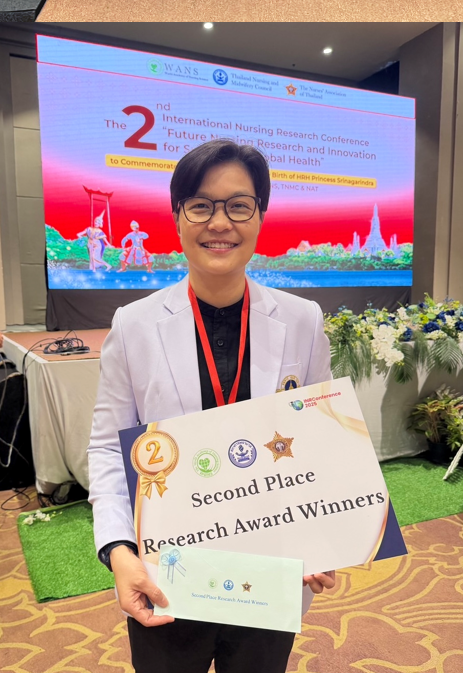 Congratulations to former de Tornyay Center scholar Inthira Roopsawang for receiving a second-place research award at the Second International Nursing Research Conference for her work on, “”Frailty measurements in hospitalised orthopaedic populations age 65 and older: A scoping review”!
Congratulations to former de Tornyay Center scholar Inthira Roopsawang for receiving a second-place research award at the Second International Nursing Research Conference for her work on, “”Frailty measurements in hospitalised orthopaedic populations age 65 and older: A scoping review”!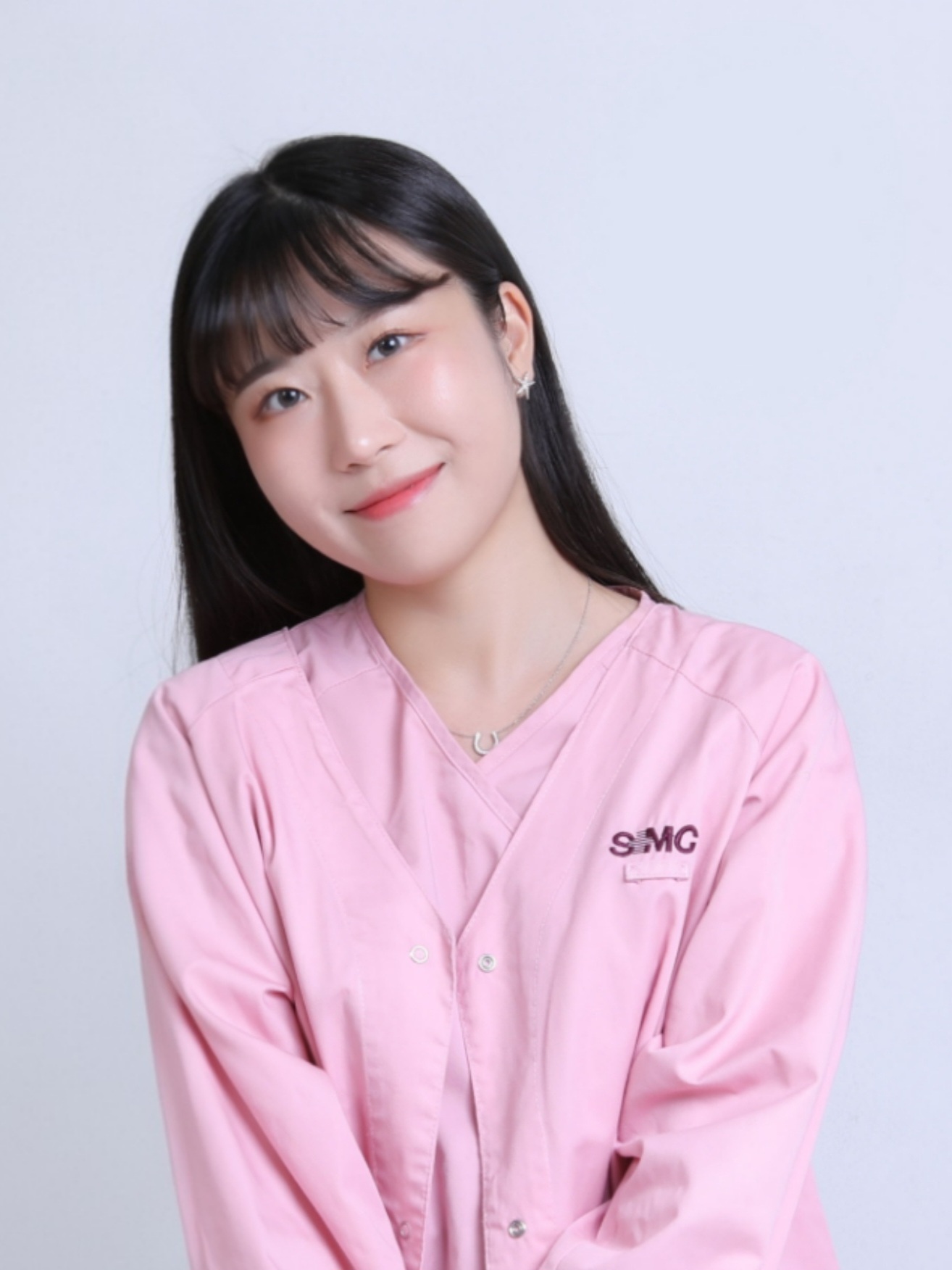

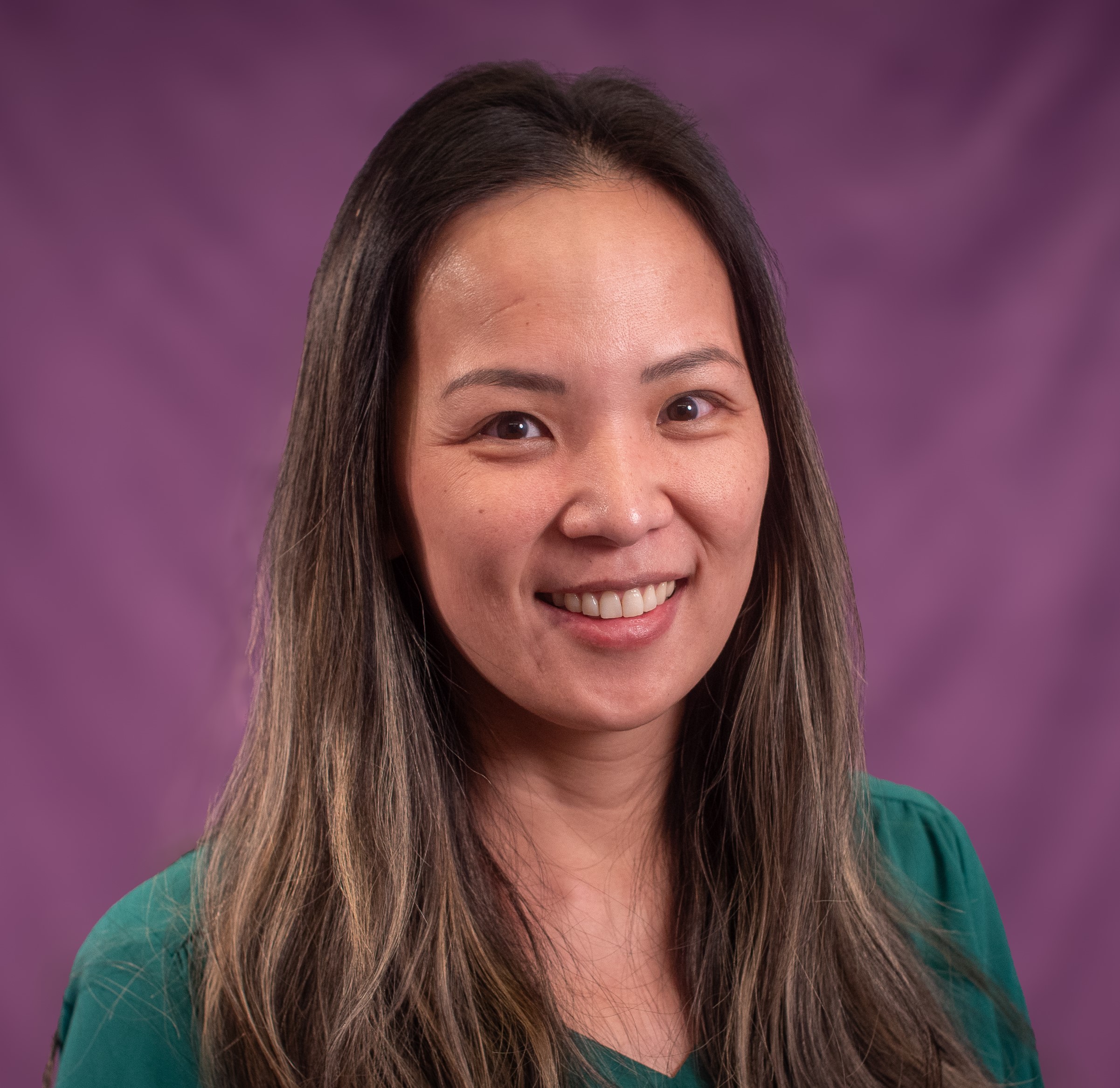

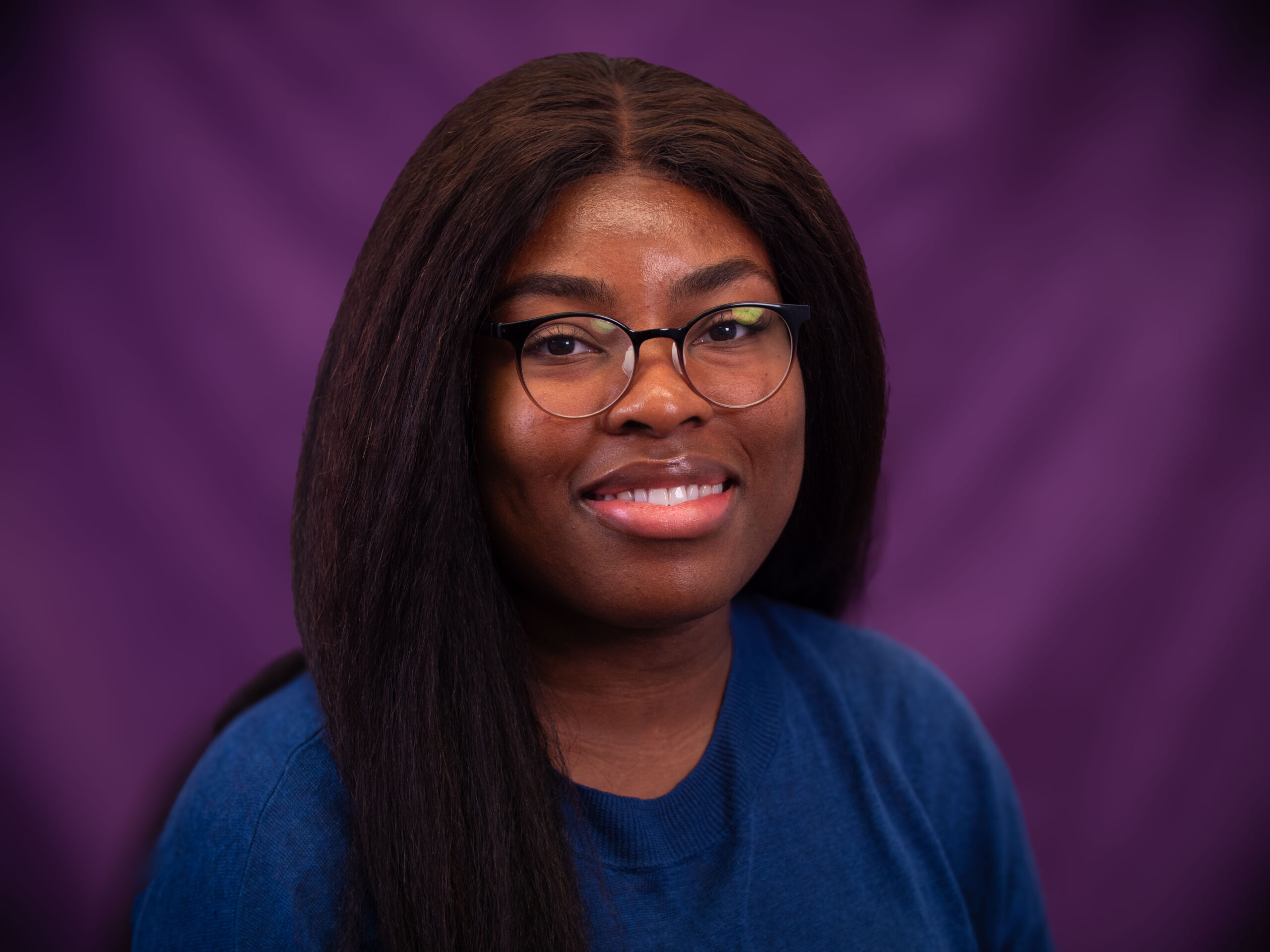
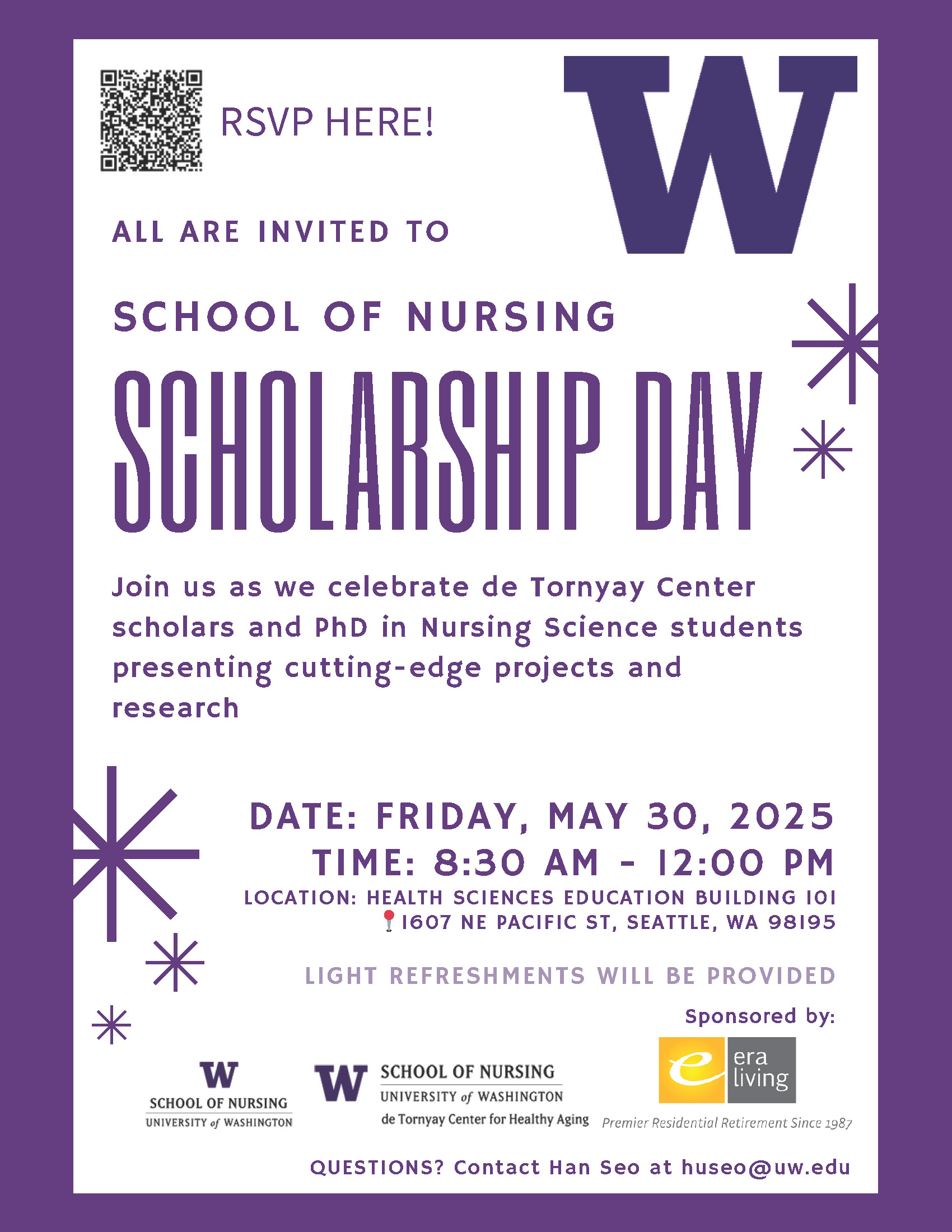

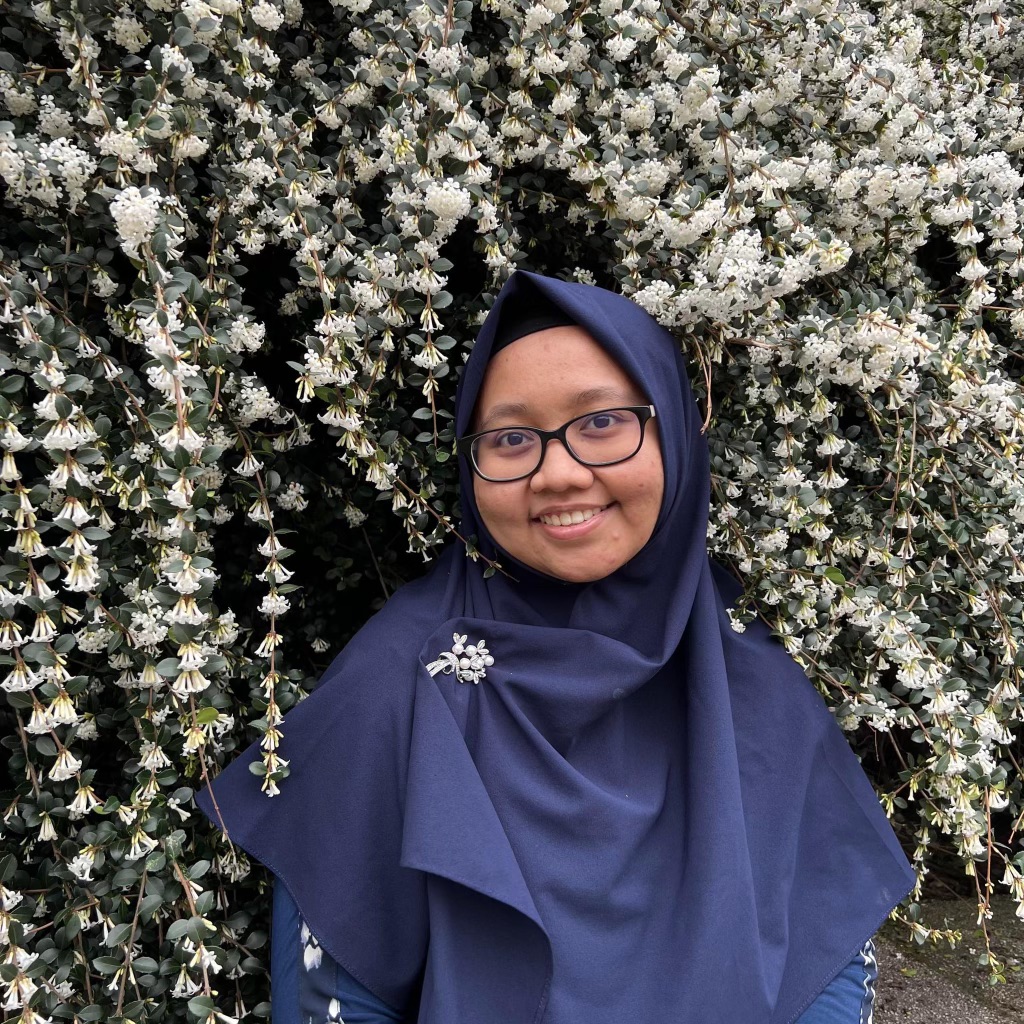
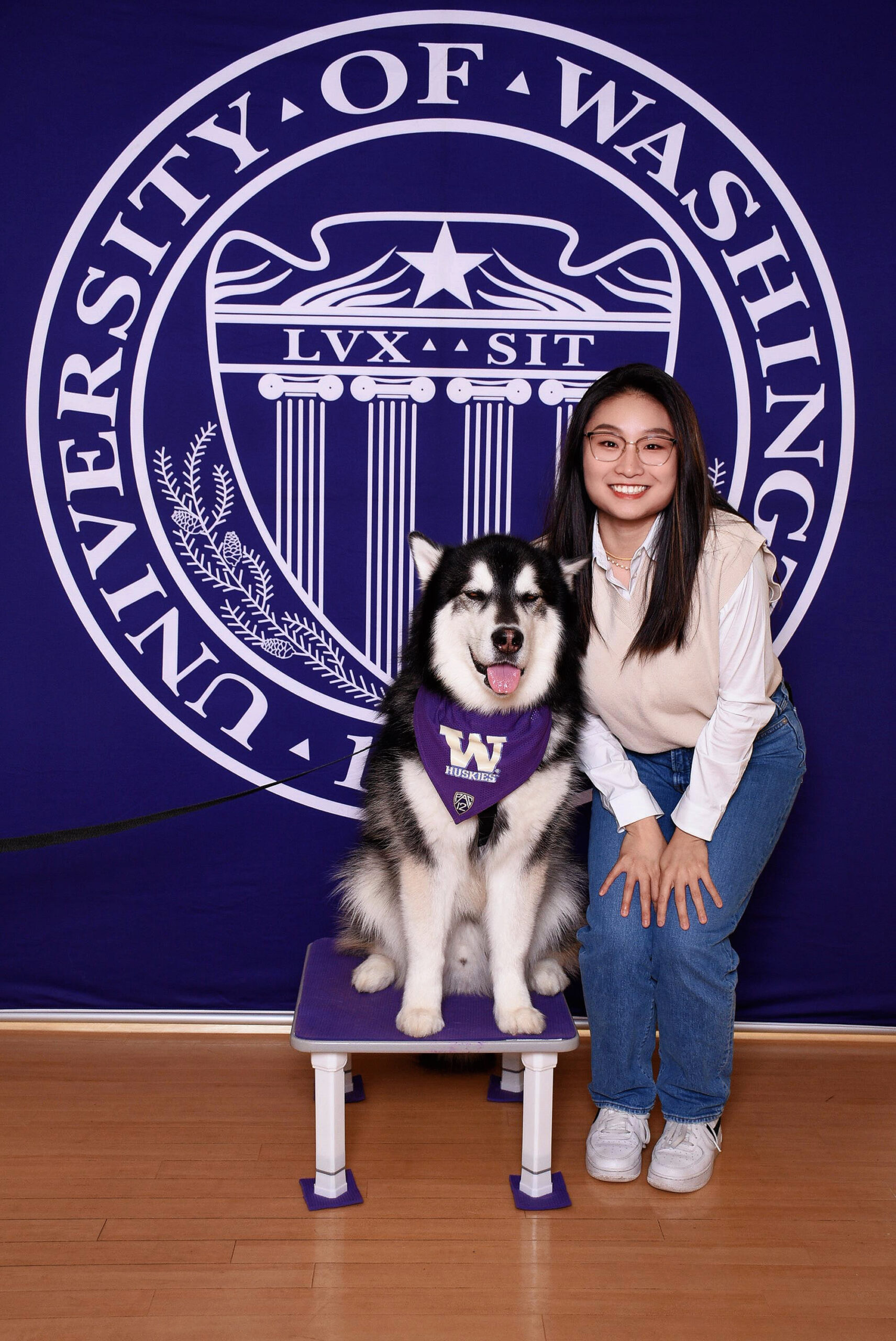
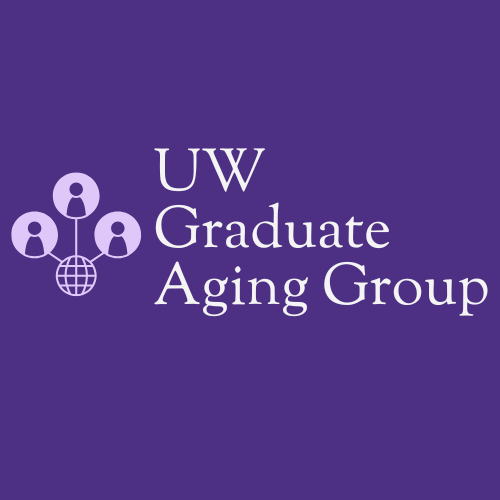
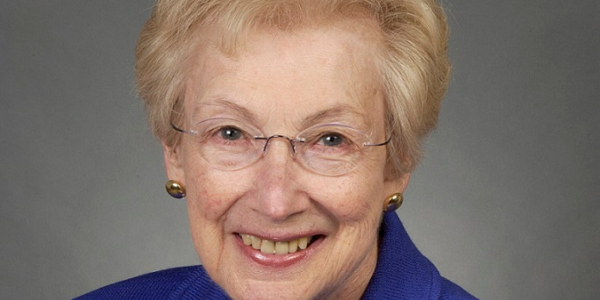






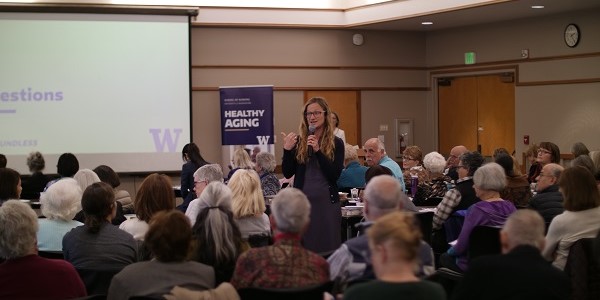
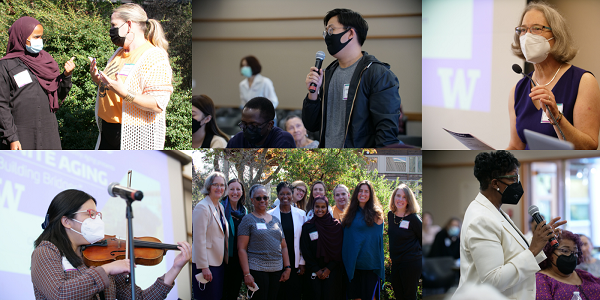

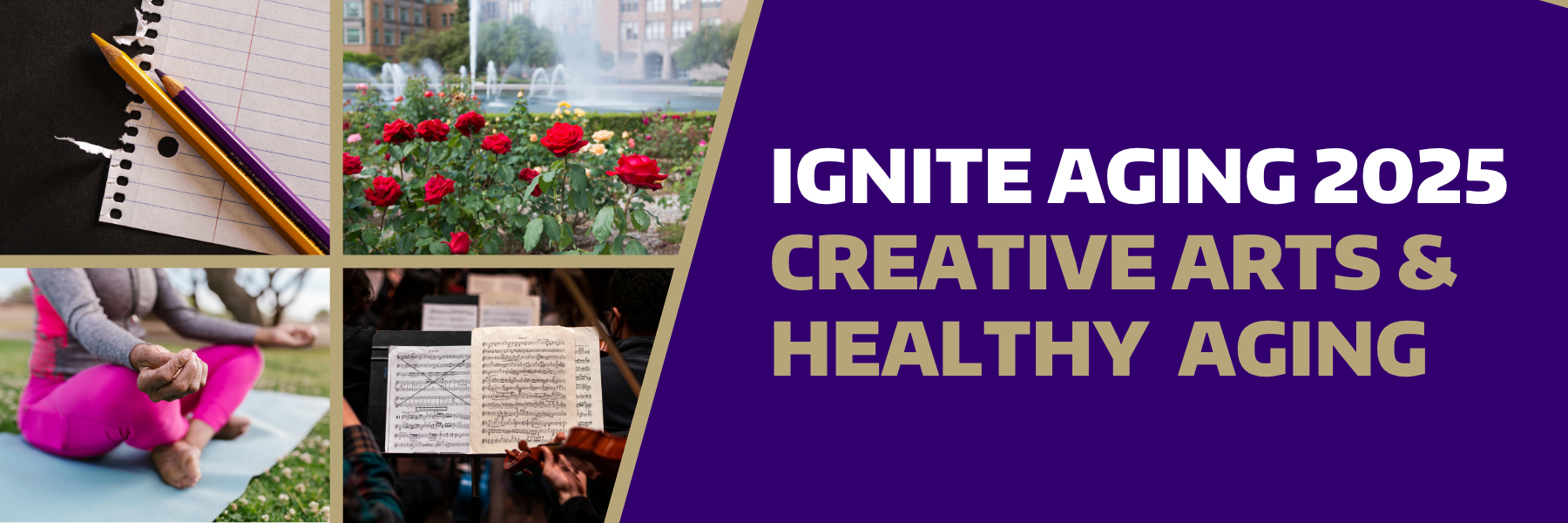
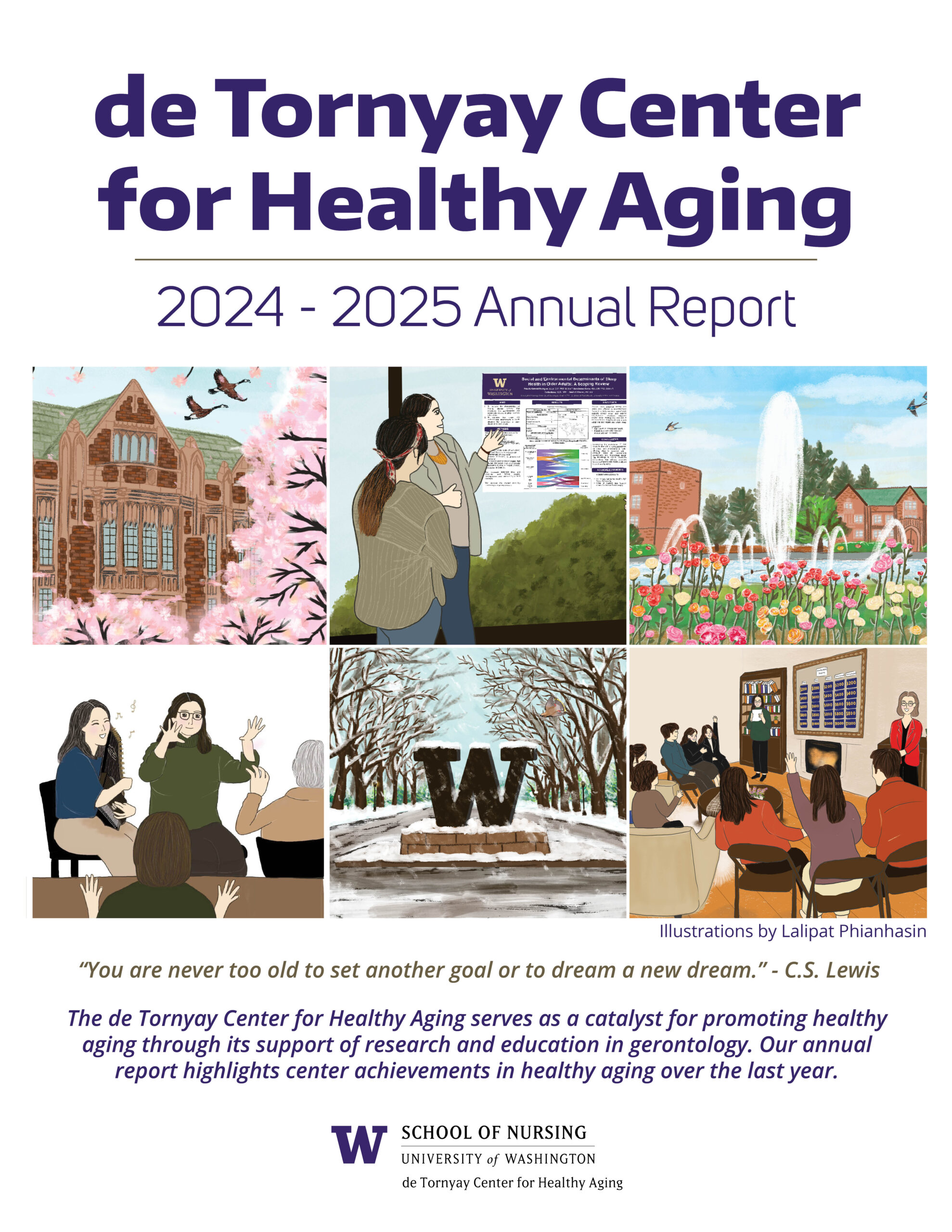
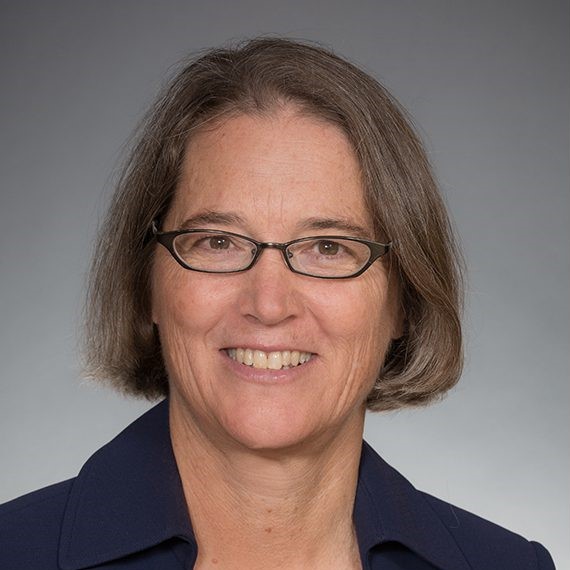
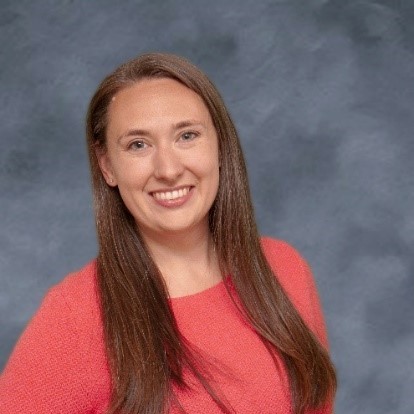
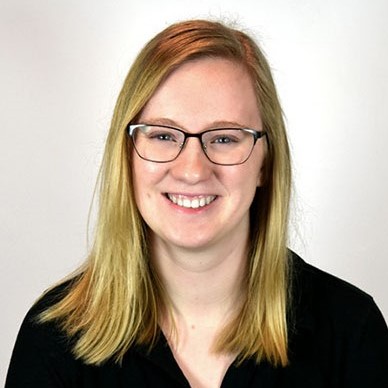

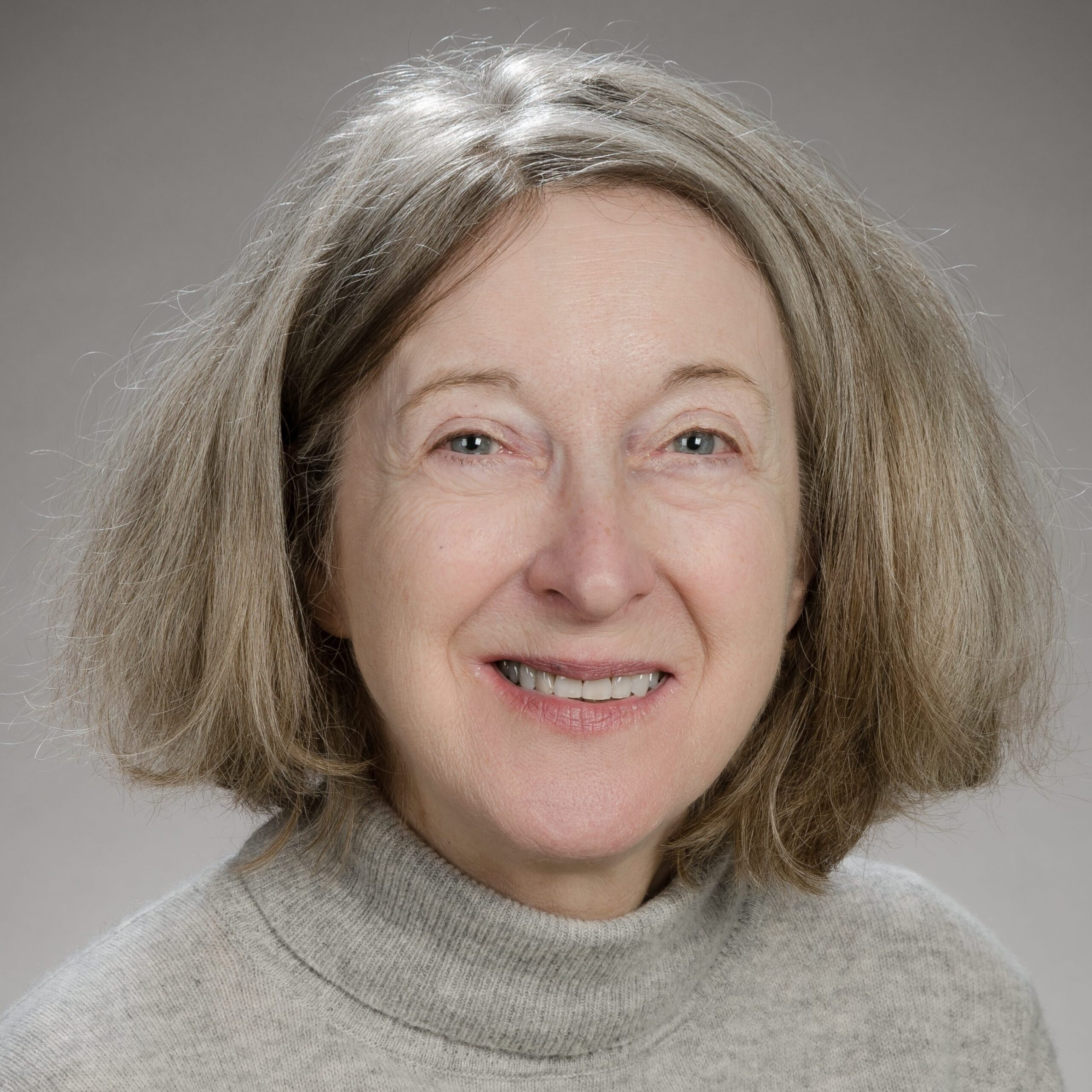
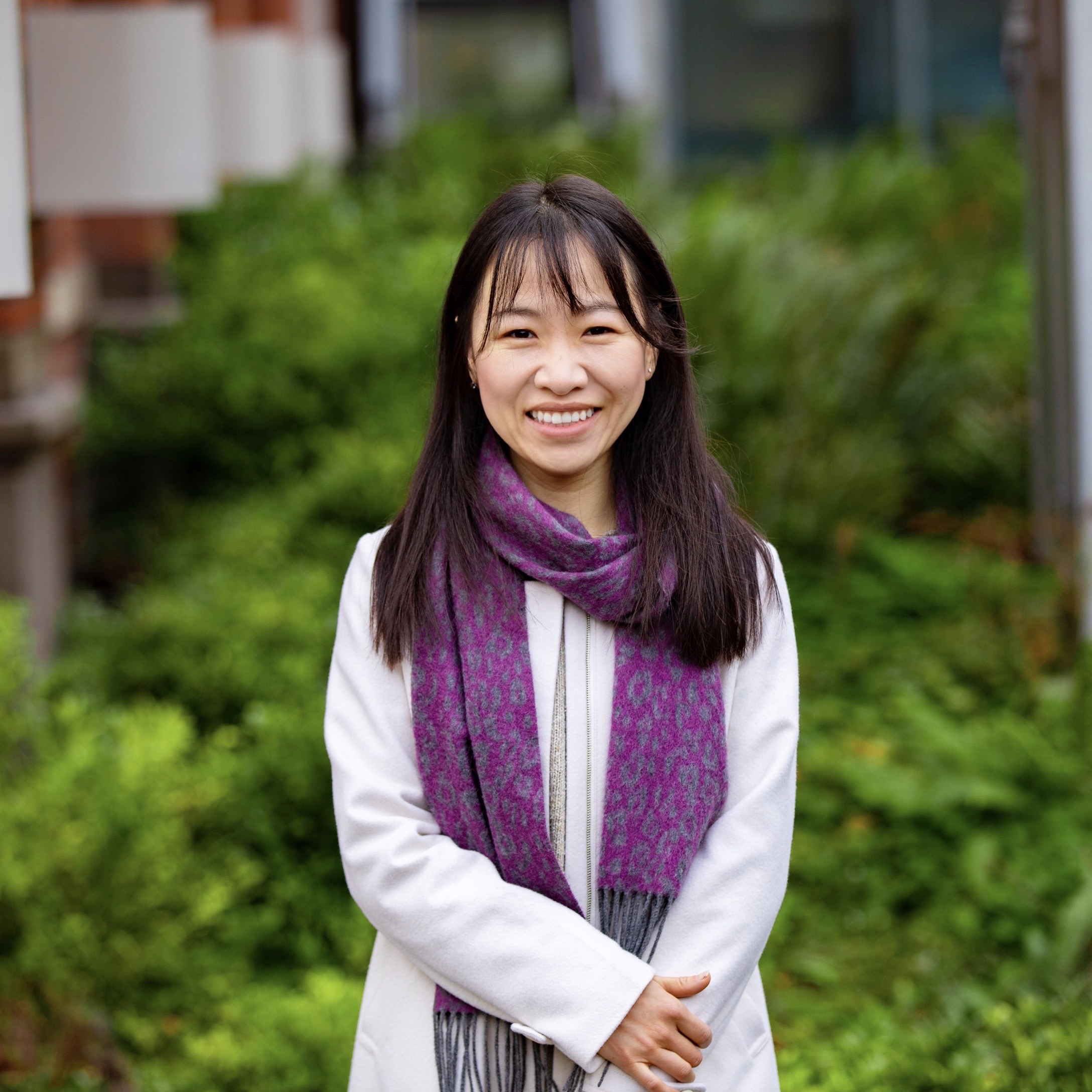
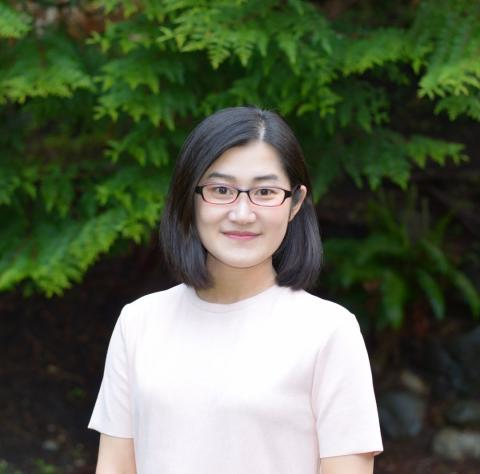
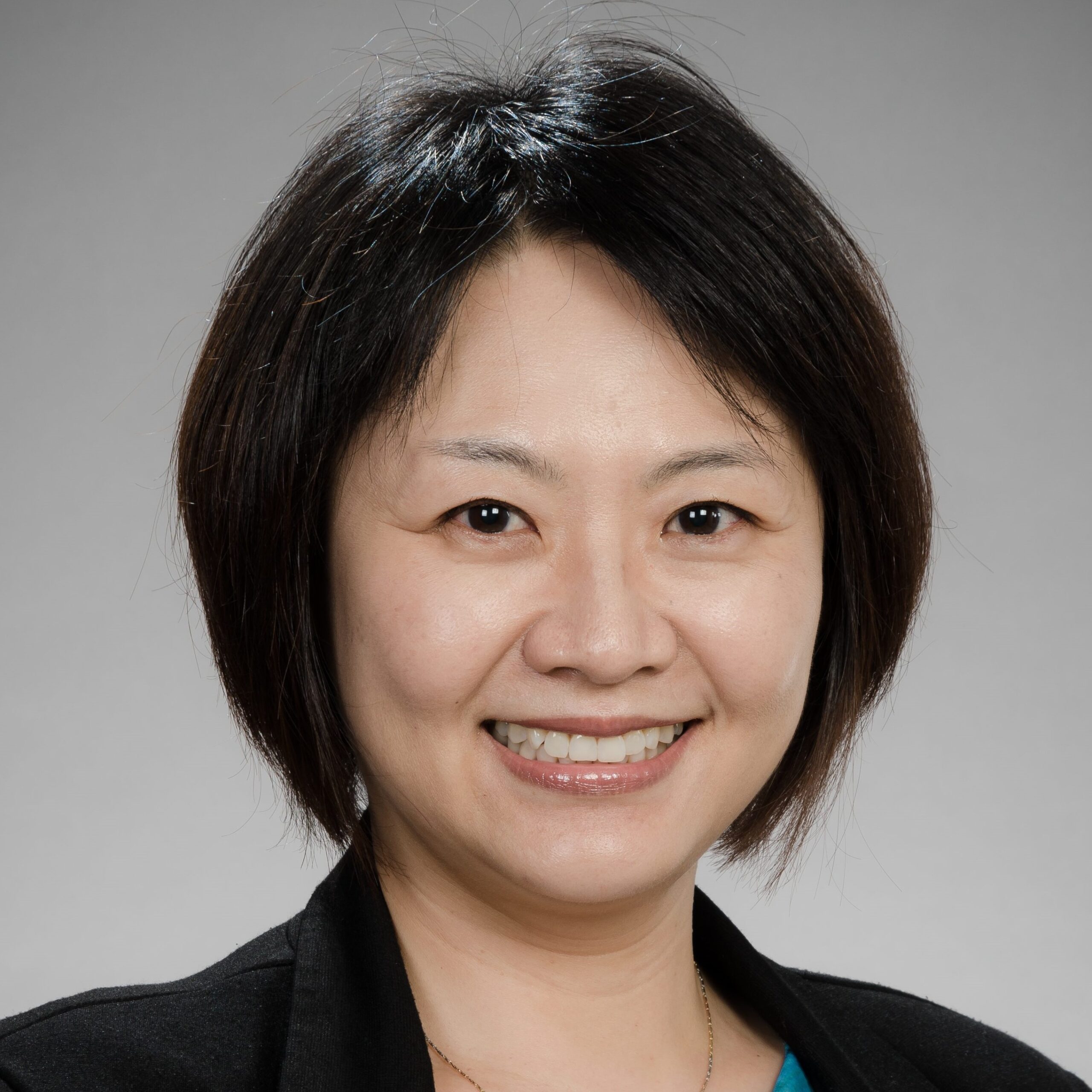


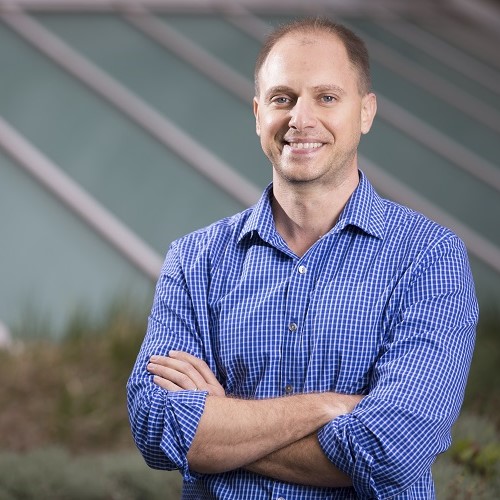

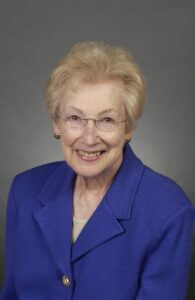
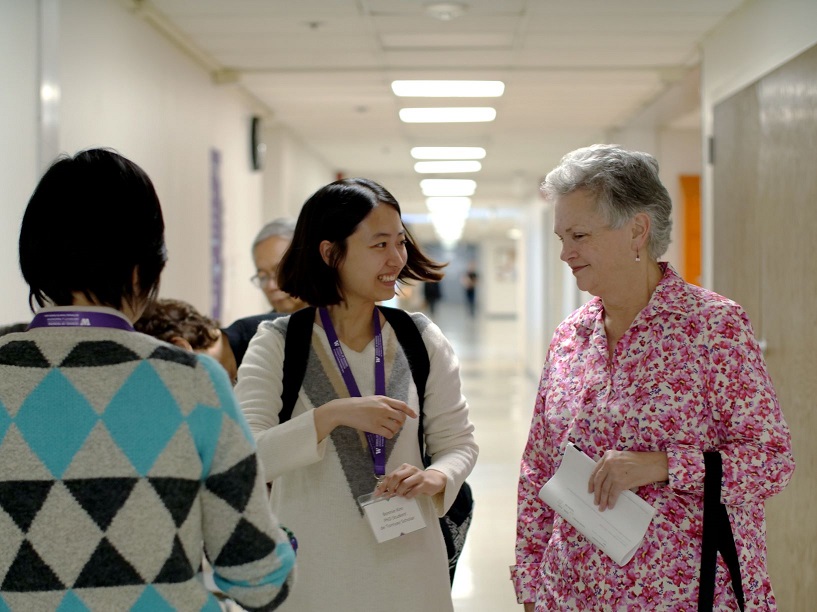 The de Tornyay Center for Healthy Aging is dedicated to supporting nursing students interested in healthy aging research. We are proud to offer scholarships to support undergraduate and graduate students completing healthy aging research and travel scholarships for graduate students to present their work at conferences. We also recognize completed aging projects and research by graduate students with our Pathways to Healthy Aging awards. You can find our awards
The de Tornyay Center for Healthy Aging is dedicated to supporting nursing students interested in healthy aging research. We are proud to offer scholarships to support undergraduate and graduate students completing healthy aging research and travel scholarships for graduate students to present their work at conferences. We also recognize completed aging projects and research by graduate students with our Pathways to Healthy Aging awards. You can find our awards 

